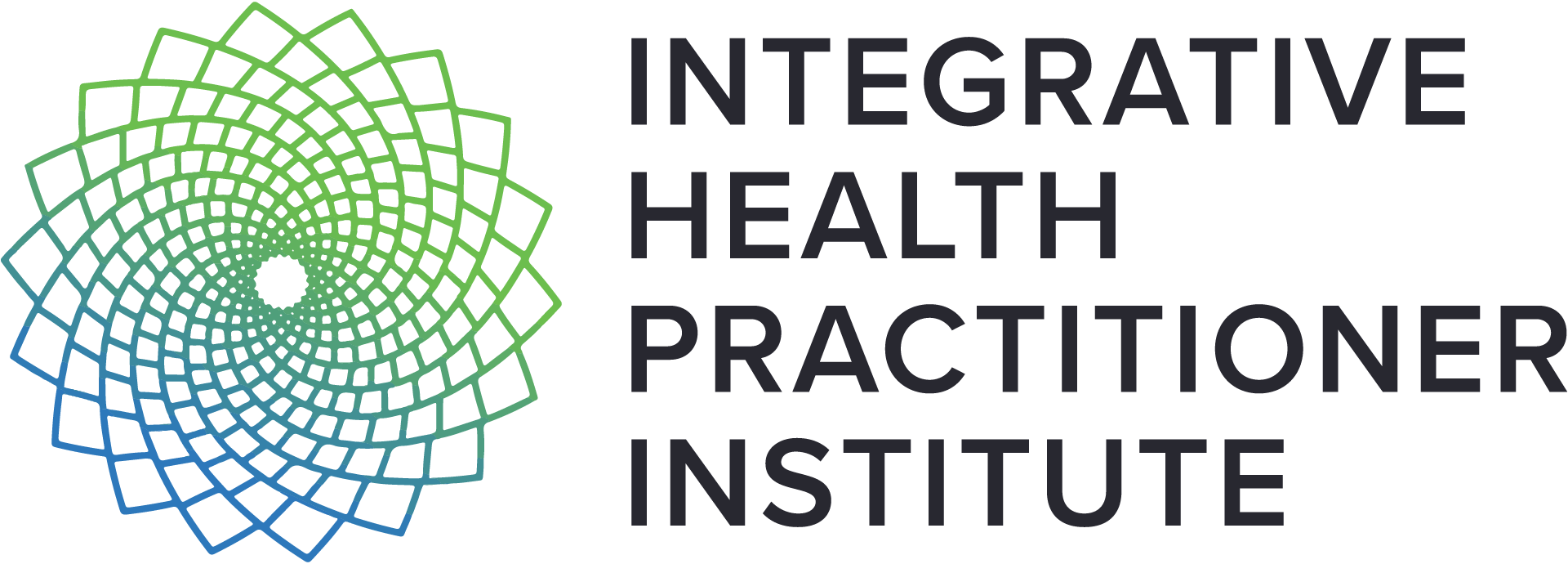“The thyroid holds a critical role in comprehensive bodily health, overseeing the function of nearly every cell in the body.”
Do you frequently encounter challenges in managing tasks and delaying their completion? Have you noticed a stack of unfinished work accumulating on your desk? If you once possessed the drive and energy to accomplish tasks efficiently but now find yourself fatigued, struggling to navigate through the day, or facing challenges shedding unwanted weight despite various attempts, you may be experiencing signs of thyroid imbalance. In this blog, we dive deep into thyroid health, exploring root causes of imbalances and providing insights on how to achieve equilibrium.

Profound fatigue and challenges in weight loss frequently indicate the possibility of imbalances in thyroid function. These symptoms can leave those suffering wondering if they will ever get better and if there is a natural solution to reclaim their thyroid health.
Understanding the Thyroid Gland: A Brief Overview
The thyroid, a gland shaped like a butterfly located in the neck, plays a crucial role in producing hormones that regulate various metabolic processes in the body, including those related to digestion and circulation.
A significant number of Americans experience thyroid imbalances, leading many to rely on prescription medications for relief from associated symptoms. Hypothyroidism, characterized by reduced thyroid activity, is a prevalent form of thyroid imbalance. When the thyroid operates at a diminished pace, it can impact circulation and metabolism, giving rise to a diverse array of symptoms.
The Mechanisms of Thyroid Function
The thyroid exerts its influence on every cell in the body through the production of hormones, impacting individual metabolisms. Consequently, symptoms of an imbalanced thyroid can manifest across various bodily systems. The diverse range of these symptoms can pose challenges in recognizing thyroid imbalances and addressing their root causes to restore the thyroid’s proper relationship with the body.
An additional factor contributing to the under detection of thyroid imbalances is that conventional medical lab testing. These ranges may underestimate the extent of an imbalance. Indeed, even if your thyroid registers as abnormal on standard diagnostic tests, it is likely that the imbalance has persisted for an extended period. Fortunately, in the case of an identified or suspected underactive thyroid, proactive measures can be taken to support its restoration to a balanced state.
Acknowledging the Prolonged Impact of Thyroid Imbalances
Unchecked symptoms, if left unaddressed over time, may contribute to a progressive decline in thyroid activity, exacerbating the severity of associated symptoms. An often overlooked repercussion of diminished thyroid function is a decline in mood, impacting work performance and the ability to manage household responsibilities, significantly influencing overall well-being.
Thyroid imbalances can manifest, particularly after childbirth, a period already marked by heightened vulnerability for new mothers. The demands of caring for a newborn coupled with excessive fatigue can create additional challenges for mothers in tending to their child’s needs.
Prolonged low-calorie diets or intense exercise routines can also contribute to low thyroid function. If you lead a health-conscious lifestyle but struggle with weight management despite these efforts, assessing your thyroid function becomes crucial.
Once a thyroid imbalance establishes itself, it can lead to profound fatigue and diminished motivation, hindering the pursuit of personal goals and affecting relationships. Individuals grappling with long-term thyroid imbalances may encounter difficulties in fulfilling daily responsibilities, further complicating life’s challenges.
Exploring an Alternative Path
Acquiring knowledge about natural health rebalancing methods, including modifications to dietary and lifestyle habits, alongside the incorporation of supportive nutritional supplements, can empower individuals in addressing thyroid-related issues. Understanding the specific aspects affecting thyroid function allows individuals to take charge of their health, leading to long-term improvements. Devoting time and effort to address thyroid imbalances not only enhances personal well-being but can also positively impact the well-being of those within one’s social circle.
Understanding the Core Reasons Behind Thyroid Imbalance
The extended imposition of stress on the body has the potential to worsen thyroid-related challenges. This stress may originate from work-related difficulties, interpersonal conflicts, or various physical demands, including infections, exposure to toxins, or excessive physical strain.
During stressful situations, the brain communicates with the adrenal glands, signaling the release of hormones such as adrenaline and cortisol. These hormones induce a fight-or-flight response, redirecting the body’s processes toward survival. This heightened focus on survival can disrupt the regular functioning of the thyroid gland, typically resulting in a reduction of its activities.
Additionally, an imbalanced gastrointestinal system can contribute to thyroid imbalances. Dysregulation in the digestive system may lead to the leakage of proteins, bacteria, and other toxins into the bloodstream, prompting an exaggerated response from the immune system.
For individuals with a familial predisposition to thyroid imbalances, as indicated by their family health history, an imbalanced immune system could exacerbate thyroid-related challenges.
Additional Factors Contributing to Thyroid Imbalance
Numerous toxicities and dietary deficiencies have the potential to induce thyroid imbalances. Heavy metal toxicities including arsenic, cadmium, mercury, and bromides are capable of contributing to thyroid-related problems. These toxic metals exert diverse effects on the body, impacting immune function and promoting unhealthy levels of inflammation.
Certain medications, such as birth control, can interfere with hormone levels, consequently influencing thyroid function. This factor is often underestimated but plays a crucial role in understanding thyroid imbalances.
Furthermore, it is important to recognize the significance of specific minerals, namely iodine and selenium, in supporting thyroid function. Insufficient intake or ineffective utilization of these essential minerals in the diet can contribute to the development of thyroid issues. For more information, read our blog, An Integrative Approach for Thyroid Health: Natural Balance through Food, Nutrients, and Herbs.
Expose the Root Contributors to Your Thyroid Imbalance
The most effective approach to discerning a potential thyroid imbalance involves testing thyroid function at a hormonal level. This functional medicine method provides detailed insights into the internal workings of the body.
At-home lab testing can assess levels of thyroid hormones, including TSH, T3, and T4, offering indications of the thyroid’s functional status. Furthermore, the testing can analyze thyroid-specific antibodies, shedding light on potential imbalances within the immune system. For a comprehensive evaluation of overall hormone health, additional parameters such as cortisol, sex hormones (estrogen, progesterone, testosterone, and DHEA), vitamin D, and blood sugar regulation can be examined through a Complete Stress, Mood & Metabolism test.
Understanding Hormonal Balance: A Holistic Approach
Much like the diverse factors influencing internal imbalances, there exist various strategies for sustaining harmonious hormonal levels. Adopting a holistic approach can result in increased energy, enhanced attention and focus, and diminished stress.
A crucial aspect of maintaining hormonal balance is your diet, which significantly impacts the body’s endocrine system and overall well-being. Opting for a nutrient-rich, whole food diet ensures the provision of essential nutrients required for proper functioning. Embrace a diverse array of colorful fruits and vegetables abundant in fiber, incorporate healthy fats like avocado and olive oil, and minimize consumption of processed foods and alcohol.
Choosing to prepare more meals at home instead of dining out is another effective means of enhancing your diet. Extended periods of stress can negatively affect overall hormone balance and potentially lead to a thyroid imbalance. Thus, incorporating daily practices to unwind and relax becomes imperative. Additionally, prioritizing consistent sleep patterns and ensuring sufficient rest further contributes to supporting hormonal balance. To dive deeper on thyroid health, visit Dr. Stephen Cabral’s podcast archive Thyroid Healing Solutions.
Analyzing an Extended Hypothyroid Case: 11-Year Exploration
After navigating hypothyroidism for 11 years, Sarah, a community member, sought out an alternative method of healing. By engaging in a detox program and monitoring her TSH levels, she successfully transitioned from synthetic thyroid medication to a natural thyroid replacement. Despite her accomplishments in enhancing thyroid health through detox and dietary adjustments, Sarah sought further avenues for improvement.
The key? Investigate further.
In the realm of functional medicine, acquiring comprehensive knowledge about body functions is crucial. Each organ in the body is a component of an intricate system that influences other organs. The thyroid, a vital element of the endocrine system responsible for hormone production and regulation, may still face challenges even after direct treatment. Understanding the functioning of all systems in the body facilitates achieving overall balance and, consequently, wellness.
Sarah’s at-home lab test indicated a need to address adrenal balance for optimal thyroid results. Following a targeted program for months, she successfully discontinued her thyroid replacement medication and now enjoys energy and productivity levels she hadn’t experienced in years.
Recognize the Significance of Thyroid Health in Overall Well-Being
The thyroid holds a critical role in comprehensive bodily health, overseeing the function of nearly every cell in the body.
In instances of thyroid imbalance, spontaneous restoration of balance is seldom observed. An unbalanced thyroid can exert widespread impacts on well-being, making routine activities challenging. Attentiveness to your body’s signals is crucial, as it relies on your proactive care for optimal functioning.
Do you want to learn more about thyroid health and how you can help others balance out their thyroid hormones? Visit the Integrative Health Practitioner Institute to learn more about how our certification programs can equip you to make lasting change in your community.













